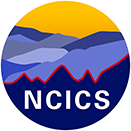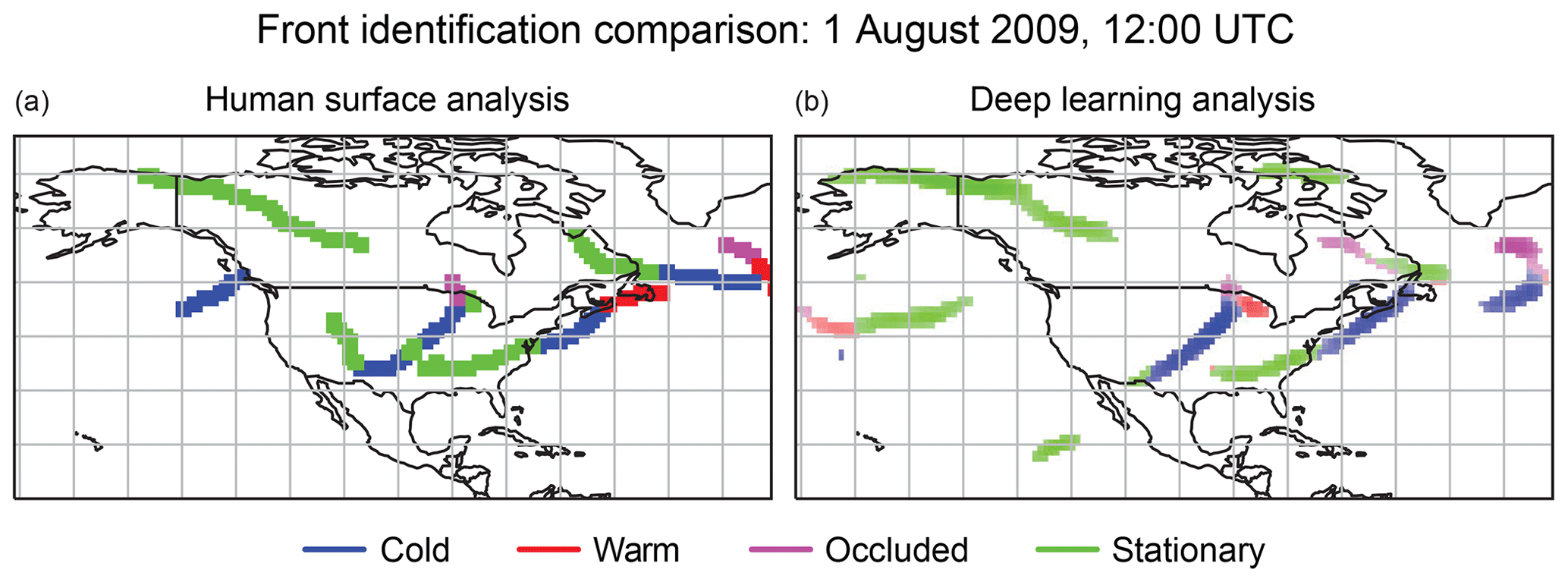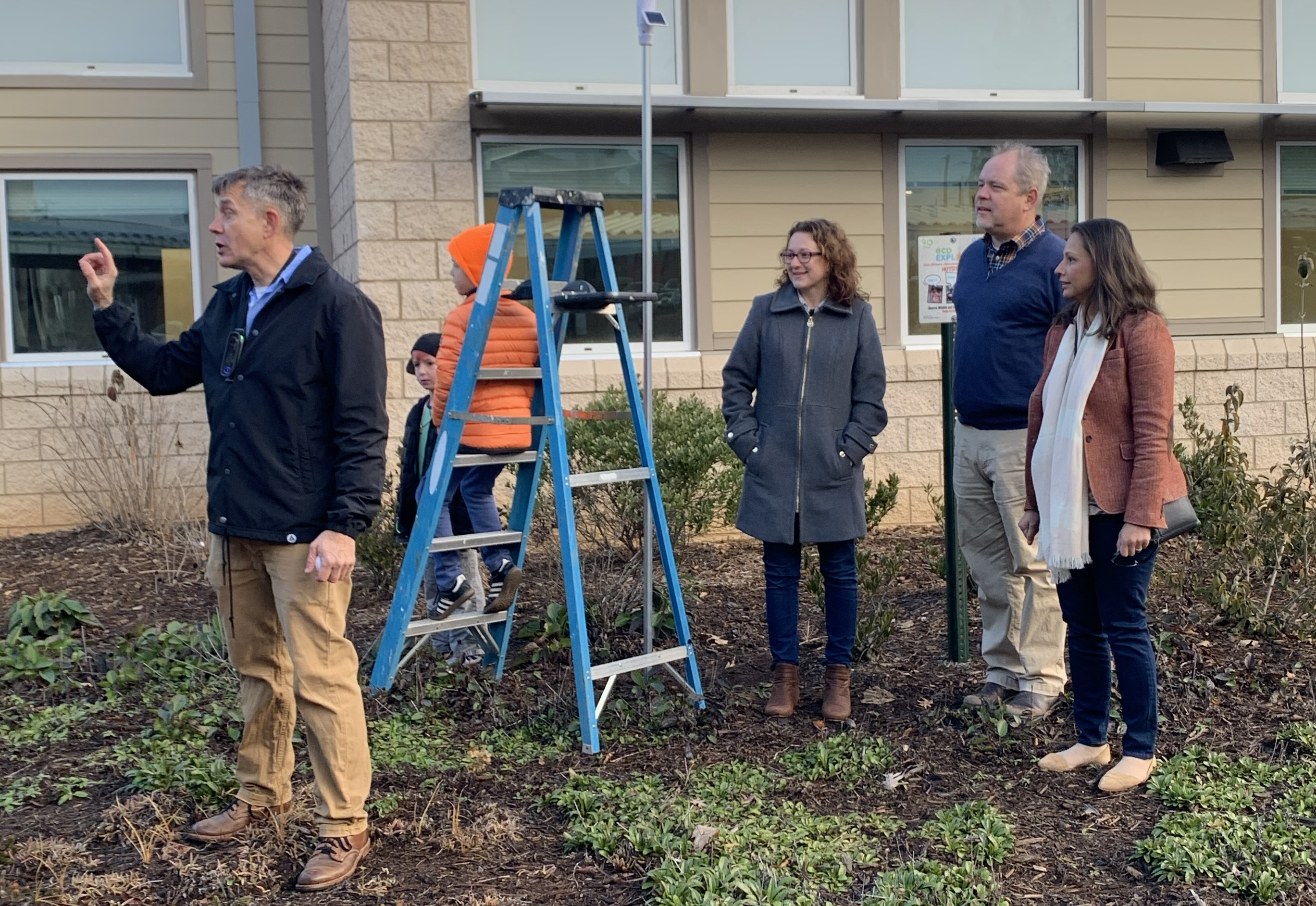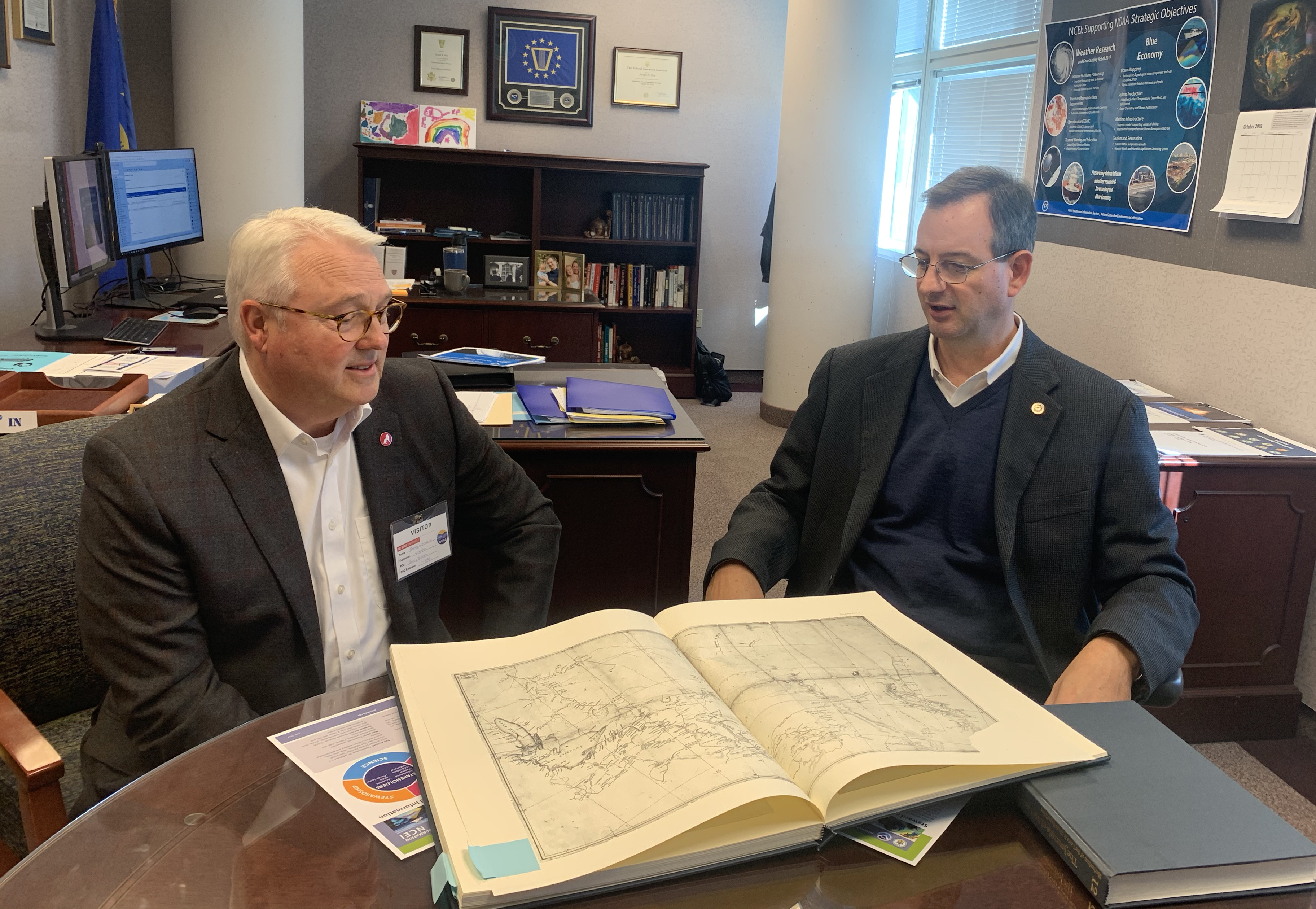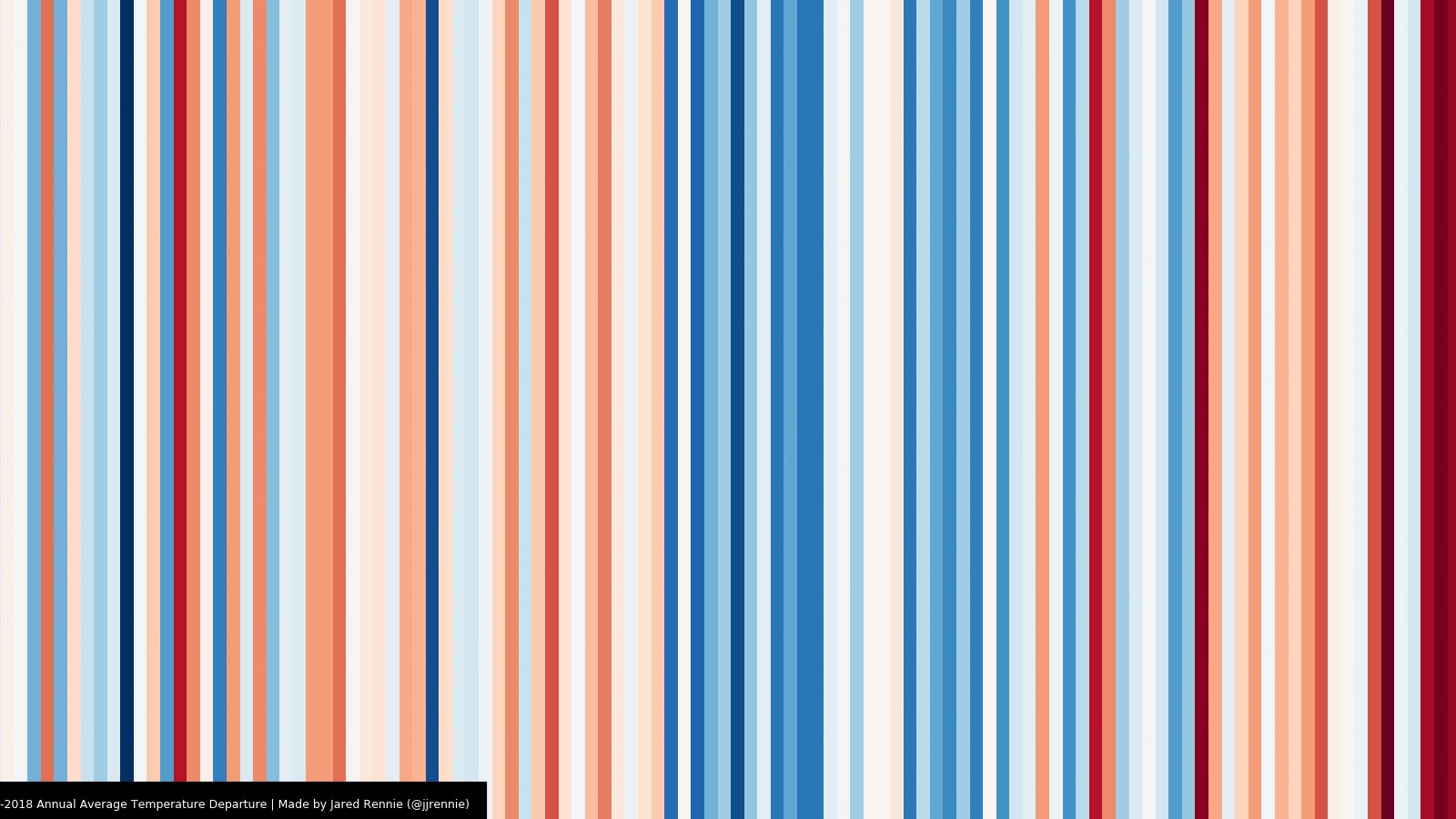NCICS News
Dec 20, 2019
NOAA Announces New Agreements with Cloud Data Providers
CISESS Continues as NOAA Big Data Project Data Broker Building on the success of the Big Data Project, NOAA announces new collaborative agreements with Amazon…
Dec 19, 2019
Using a Neural Network to Detect Weather Fronts
NCICS researchers Jim Biard and Kenneth Kunkel have developed a deep learning neural network tool called DL-FRONT that automatically identifies weather fronts in datasets of…
Dec 19, 2019
Hurricanes Harvey and Florence: Historical Context
In 2017 and 2018, the United States experienced historic rainfall totals and damaging inland floods from two slow-moving hurricanes—Harvey and Florence. In a new paper…
Dec 19, 2019
Submonthly Temperature Data and Extreme Heat Events
Homogenized Temperature Data at Submonthly Frequencies Researchers interested in how heat waves and cold waves are changing over time, or in how particular heat or…
Nov 20, 2019
New Weather Station at Isaac Dickson Elementary in Asheville
On November 15, staff from NCICS and NOAA NCEI joined faculty, staff, and students from Isaac Dickson Elementary School (IDES) to install an automated, wireless…
Oct 29, 2019
NCSU Chancellor Woodson Visits NCICS
Dr. Randy Woodson, Chancellor of NC State University, visited the offices of NCICS and NOAA’s National Centers for Environmental Information (NCEI) during a recent trip…
Sep 9, 2019
Carl Schreck on the ACC Today show
GOES-16 image of Hurricane Dorian, September 5, 2019. As Hurricane Dorian was headed towards the Florida coast last week, Florida State and Boise State decided…
Jun 17, 2019
"Climate Stripes" for US Temperature and Precipitation by County
Inspired by climate scientist Ed Hawkins’ Show Your Stripes project, NCICS’s Jared Rennie has developed an online geographic information system (GIS) tool to generate “Warming…
May 31, 2019
NC State Climate Research Institute to Host NOAA Cooperative Institute
NCICS to Host NOAA Cooperative Institute NCICS will host the Asheville location of the new Cooperative Institute for Satellite Earth System Studies, which will be…
Apr 30, 2019
Scott Stevens on The Weather Channel's AMHQ
On April 30, 2019, Scott Stevens appeared live on the AMHQ program on The Weather Channel, speaking with Jim Cantore and Stephanie Abrams about recent…
